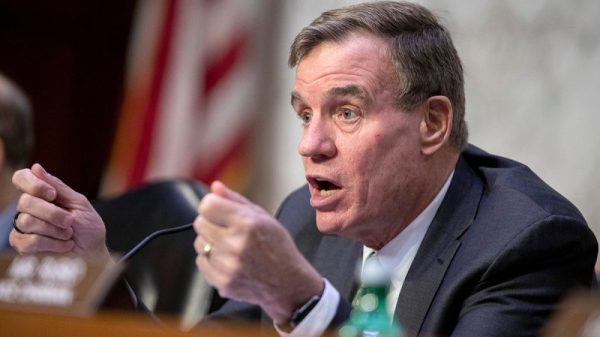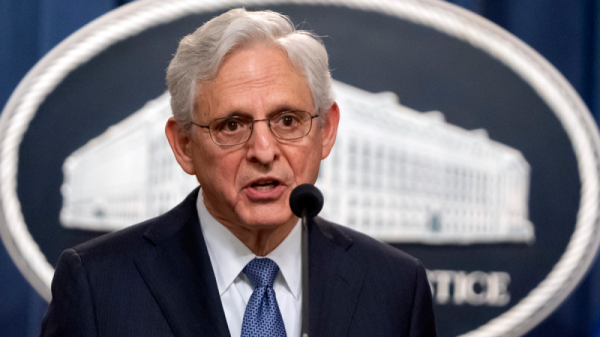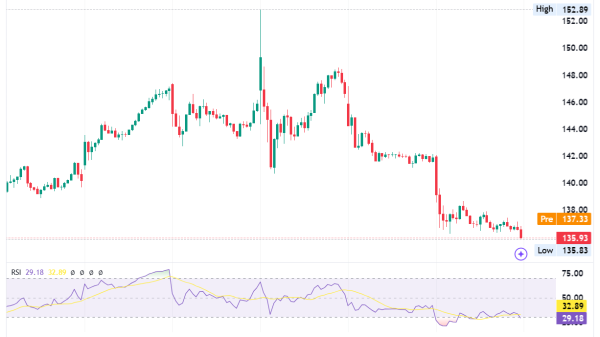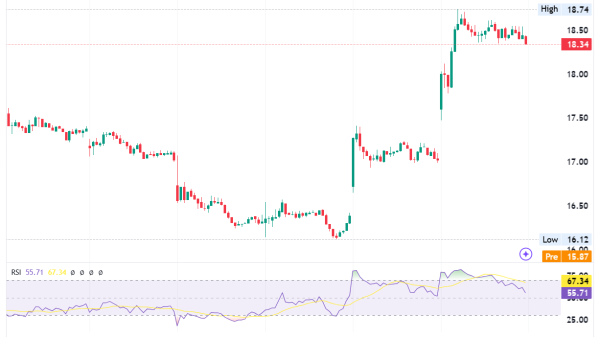Experts think the government’s last price report of the year will provide more evidence that inflation is slowing.
The Bureau of Labor Statistics is scheduled to release its consumer price index Tuesday morning. Economists say they expect the data will show that overall prices were unchanged in November compared to October.
That includes a 0.3% increase in core prices, a more stable category that excludes the cost of food and energy.
“Though this would represent an acceleration at the core relative to October, we see this as mainly coming from a reversal in the volatile lodging away from home category,” a team of economists from Bank of America wrote this month, referring to travel and hotel accommodations in its estimation.
Compared to November 2022, economists expect to see a 3.0% increase in the overall price index, and a 4% increase in the core categories.
That’s a bit slower than the inflation reflected in October’s prices, as last month CPI was up 3.2% over the previous year. And core prices were the same at 4%.
Inflation has been slowing down gradually in recent months after it spiked to a 40-year high of 9.1% in June 2022. While slower inflation means the prices of many goods are still going up, the slower rate makes it easier for consumers to adjust, and for increased wages to help counteract the financial pain that inflation causes.
There are some signs that consumers are feeling better about the state of the economy as inflation cools off, even though they’re feeling pressure from high credit card interest rates and high housing costs.
If inflation does hold steady or continue to fade, it’s more likely the Federal Reserve will keep interest rates where they are instead of raising them further. The Fed, which will make its last interest rate call of the year on Wednesday, sharply raised rates from early 2022 to mid-2023 to try to contain inflation.
That’s the reason interest rates on items like credit cards and mortgages has increased so quickly over the last year and a half. But as investors and experts think that the Fed might not raise rates again in the near future, their expectations for long-term rates have started to come down. And in turn, that’s brought mortgage rates down a bit recently.
According to the government-backed lender Freddie Mac, the rate on 30-year a fixed-rate mortgage is now about 7%, down from around 8% in early October.





























